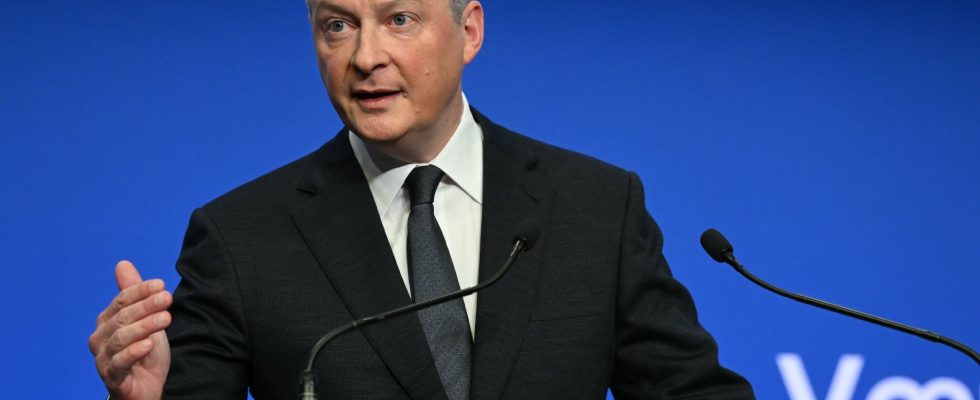With four green budgets already to its credit, we thought France was up to date in terms of environmental accounting. Alas, that is far from being the case. In a recent note, senior officials from the Le Lierre network criticize the direction taken by national public finances, which they consider disconnected from climate issues. “Bad practices die hard,” says one of the authors. This is evidenced by the recent sequence which saw the State back down on the taxation of non-road diesel intended for farmers then cut the MaPrimeRénov system by a billion euros. There is still no one at Bercy to say stop when it comes to slashing green measures, deplores this collective.
“Worse, it is the entire general framework that must be reviewed as quickly as possible,” believes the expert. The debt estimate, which serves as a compass for public finance programming, reflects neither our ecological liabilities with regard to the preservation or restoration of ecosystems, nor the slate linked to our inaction in the face of global warming. However, this “gray debt” increases from year to year, notes the note.
Get out of denial
“In terms of adaptation, we would need to anticipate soil depollution costs, or provide resources for the displacement of certain human activities threatened by flooding, to cite just two examples,” explains an author. The sorting between green, neutral and brown spending does not satisfy this senior official either. Many public expenditures – subsidies, payroll or expenditure linked to public procurement – remain classified as “neutral” with regard to their effect, which is not always justified. Furthermore, “brown” expenses for fuel, the purchase of thermal vehicles or gas are increasing and are not included in budgetary debates.
Finally, “the State must stop ignoring the fact that the majority of the expenditure necessary for this trajectory falls under the responsibility of local authorities”, underlines the document. “Take green bonds, these loans issued on the markets to finance an environmental project. To have access to them, a community must precisely identify the corresponding ecological projects. But what does it gain by carrying out this task? Nothing, apart from hassle to circumscribe the scope of the operation and allocate the right amount. There was never a question of promoting this specific work by offering, for example, preferential borrowing rates to communities. The question remains taboo”, explains a senior official.
This is not the only problem with this device. Banks now report these green loans separately in their accounts, thus enhancing their image. But in doing so, they can also pass, under the cloak, old funding previously buried in the mass for new actions in favor of the planet, fueling a form of greenwashing. “France will have to come out of denial,” warn the Lierre experts. The transition is not just about big money.
